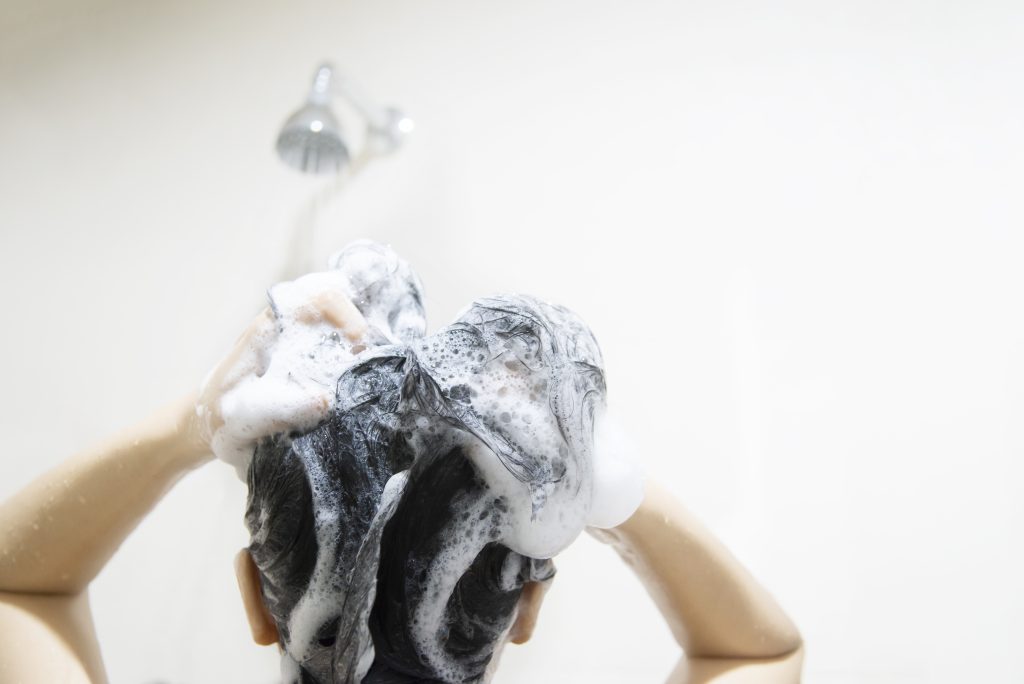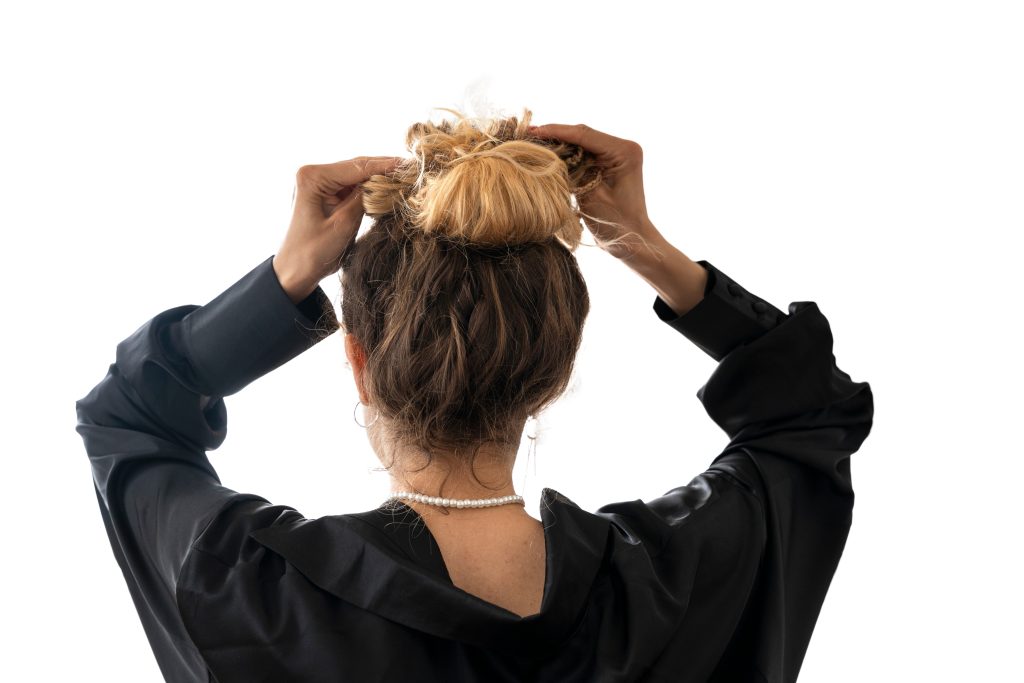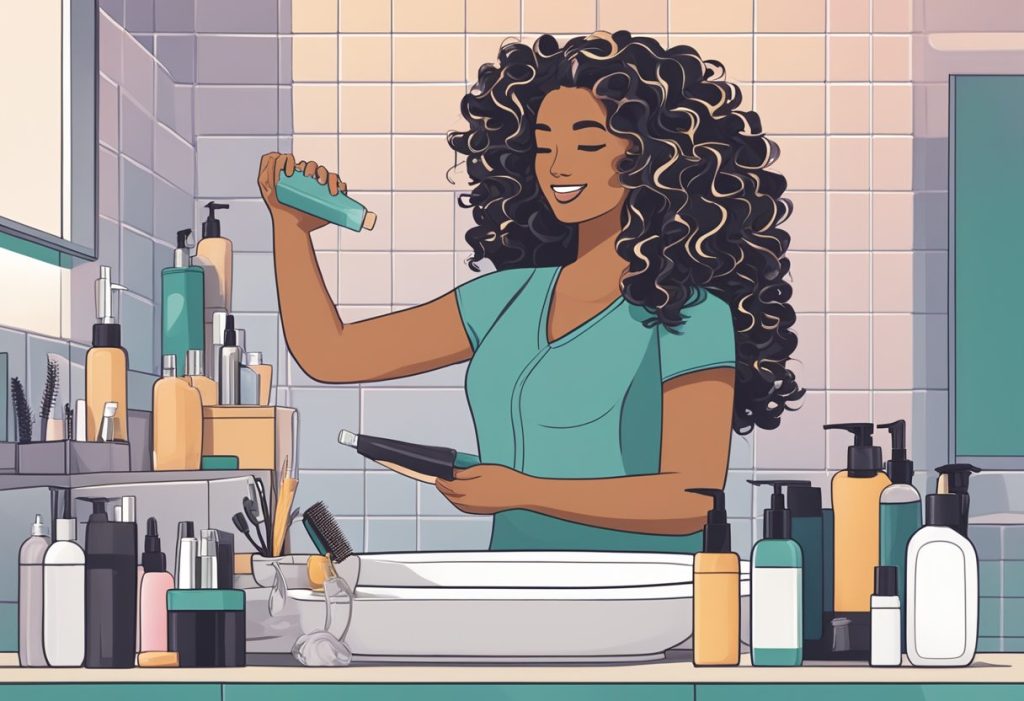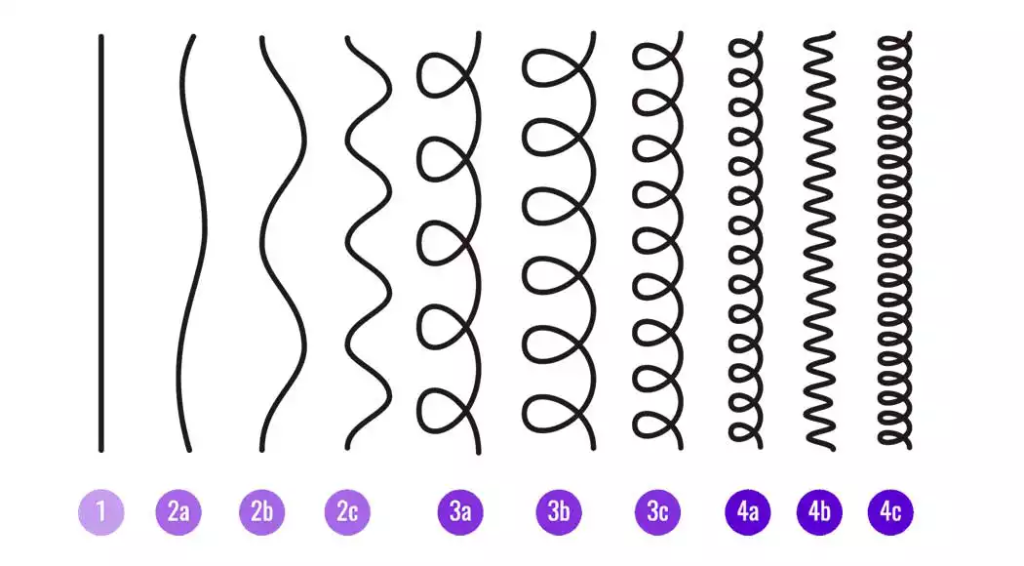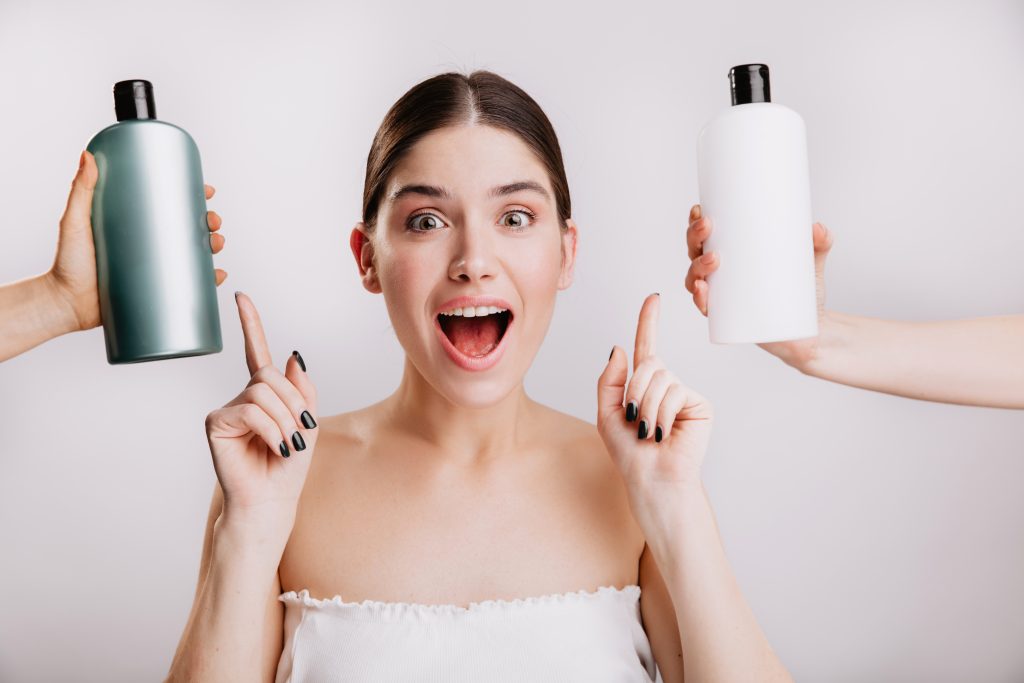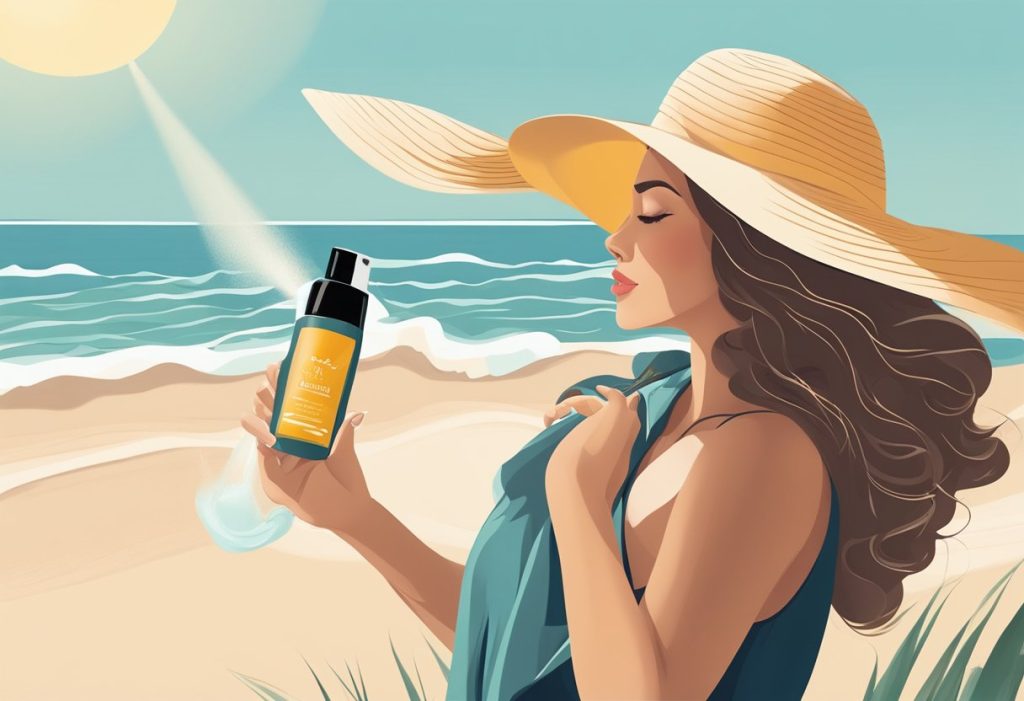Argan oil, often referred to as “liquid gold,” is a natural substance extracted from the kernels of the argan tree native to Morocco. This versatile oil has been celebrated for centuries for its numerous health and beauty benefits, especially for hair. In this article, you will discover the top seven hair benefits of argan oil that make it a popular choice among experts and consumers alike.
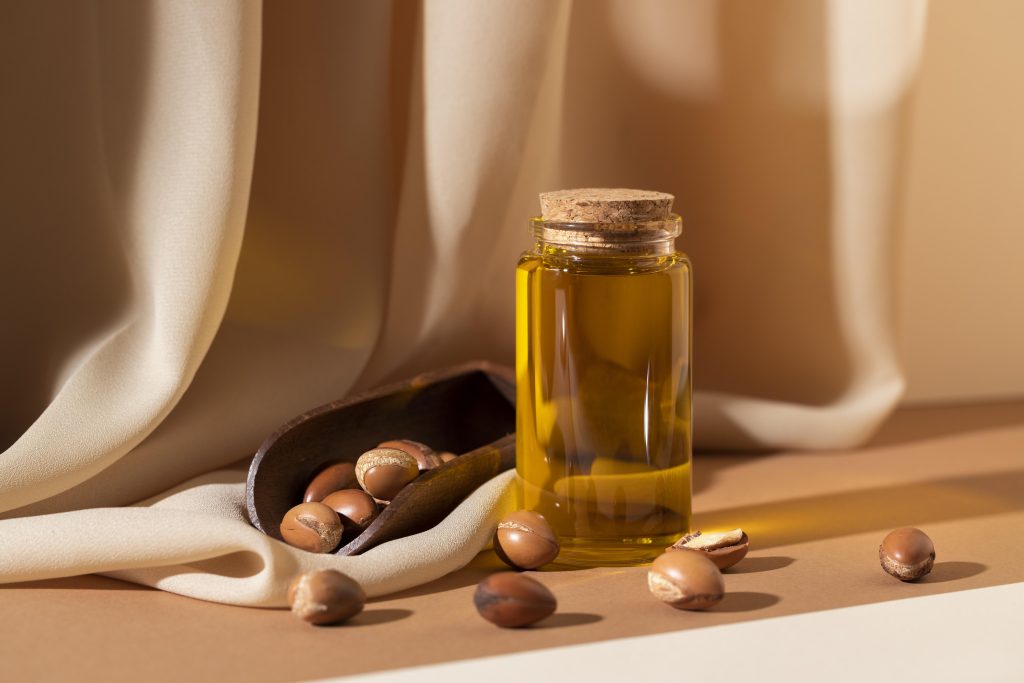
Loaded with essential nutrients, including vitamins, minerals, and antioxidants, argan oil works wonders for your hair. It deeply nourishes, moisturizes, and protects your locks from various damaging factors, such as heat and environmental pollutants. No matter your hair type, incorporating argan oil into your routine can lead to healthier, shinier, and more manageable tresses.
You don’t have to worry about any harmful chemicals or additives, as argan oil is a completely natural solution for your hair care needs. Whether you have dry, damaged, or frizzy hair, this miracle oil is sure to tackle an array of hair concerns, leaving you with luscious and revitalized locks.
History and Origin of Argan Oil

Extraction from the Argan Tree
Argan oil has its roots in Morocco, where it is extracted from the seeds of the Argan tree (Sideroxylon spinosum, formerly Argania spinosa). The Argan tree produces nuts containing one to three oil-rich kernels. To obtain the oil, the nuts undergo a process that yields about 30% to 50% of the oil in the kernels. It’s worth noting that the production process is quite laborious, as approximately 40 kilograms (88 lb) of dried argan fruit are required to produce a single liter of oil.
Argan Oil in Moroccan Culture
Argan oil holds a significant place in Moroccan culture. Moroccans have used the oil for centuries for its various benefits, including cosmetic, culinary, and medicinal applications. Traditionally, the extraction process has been a communal activity, with women working together to collect the kernels and extract the oil.
The oil’s rich history has also contributed to the conservation of argan trees. Due to the growing global demand for argan oil and its benefits, these trees have gained significant importance, and efforts have been made to protect them from deforestation in Morocco.
In summary, argan oil originates from the Argan tree found in Morocco and holds a vital cultural significance. The extraction process is labor-intensive, requiring a considerable amount of dried argan fruit to produce a small amount of oil. This valuable oil not only embodies numerous benefits but also helps protect and conserve the Argan tree in its natural habitat.
Nutritional Components

Vital Vitamins and Antioxidants
Argan oil is notable for its rich content of vitamins and antioxidants, particularly vitamin E, which plays a crucial role in promoting hair health. Vitamin E provides a protective layer to your hair and scalp, helping to prevent dryness and reduce frizz while boosting shine. Another significant component of argan oil is its variety of phenolic compounds that contribute to a well-nourished scalp and overall hair health.
Essential Fatty Acids in Argan Oil
The benefits of argan oil for your hair also extend to its essential fatty acid content. The majority of the fat components in argan oil come from oleic and linoleic acid. These are responsible for its moisturizing and nourishing properties. Here is a list of some of the primary fatty acids found in argan oil:
- Oleic acid: This monounsaturated fatty acid helps to condition and softens hair while increasing its manageability.
- Linoleic acid: Also known as omega-6 fatty acid, it plays a role in maintaining hair and scalp health. It can also help to retain moisture.
- Palmitic acid: Helps to protect your hair and lock in moisture.
A combination of these essential fatty acids ensures optimal hair health and offers protection against damage, dryness, and frizziness. The ideal balance of these nutrients in argan oil allows it to provide comprehensive nourishment to your hair, supporting growth and maintaining its overall health.
The 7 Benefits

1. Deep Hydration
Argan oil is rich in fatty acids and vitamin E, providing intense moisture to dry and damaged hair. It helps nourish the hair shaft, preventing dehydration and promoting overall hair health.
2. Frizz Control
The hydrating properties of argan oil also make it effective in taming frizz and reducing static. It creates a protective layer on the hair, smoothing the cuticle and minimizing flyaways.
3. Improved Shine and Luster
Regular use of argan oil can enhance the natural shine and luster of your hair. It imparts a glossy finish, making your locks look healthier and more vibrant.
4. Repairing Split Ends
The nutrient-rich composition of argan oil makes it an excellent choice for repairing split ends. It penetrates the hair shaft, sealing split ends and preventing further damage.
5. Promotes Scalp Health
Massaging argan oil into the scalp can help improve overall scalp health. It moisturizes the skin, reduces dandruff, and promotes a healthier environment for hair growth.
6. Heat Protection
Argan oil acts as a natural heat protectant. Applying it before styling with heat tools forms a protective barrier, reducing the risk of heat damage and keeping the hair cuticle intact.
7. Encourages Hair Growth
The nutrients in argan oil, including antioxidants, can stimulate hair growth by nourishing the hair follicles. It also improves the elasticity of hair, reducing breakage and promoting longer, stronger strands.
By incorporating argan oil into your hair care routine, you can enjoy these benefits and support healthier, more vibrant locks that are less prone to breakage and damage.
Best Forms of Argan Oil Hair Products

Shampoos with Argan Oil
Shampoos infused with argan oil help to nourish and hydrate your hair while gently cleansing it. Argan oil shampoos are effective for various hair types, from fine and straight to thick and curly, providing the necessary nutrients and moisture. For optimal results, choose a shampoo that combines argan oil with other natural ingredients, such as vitamins and essential oils, to enhance the hair benefits.
Conditioners and Hair Masks
Argan oil can also be found in many conditioners and hair masks, providing deep hydration and nourishment. These products work to repair damaged hair, improve manageability, and prevent breakage by penetrating the hair shaft and strengthening it from within. They also help in detangling and softening your hair, making it easier to manage. Hair masks containing argan oil can be used weekly or biweekly, depending on the needs of your hair, while regular conditioners can be used after each shampooing.
Here are a few key benefits of using argan oil-infused conditioners and hair masks:
- Hydration: Argan oil locks in moisture, keeping your hair hydrated and preventing dryness.
- Damage repair: It helps to repair damaged hair caused by heat styling, coloring, or chemical treatments.
- Strength: Fortifies your hair by providing essential nutrients and vitamins.
Leave-In Treatments and Serums
Leave-in treatments and serums enriched with argan oil serve as excellent options for providing additional care and protection to your hair. These products offer a lightweight, non-greasy formula that can be applied to either damp or dry hair. They work by forming a protective barrier around your hair strands, protecting them from environmental factors, styling tools, and product buildup.
Using leave-in treatments or serums containing argan oil can provide the following benefits:
- Protection: Form a barrier against heat damage from styling tools such as flat irons, curling wands, and hair dryers.
- Shine: Argan oil imparts a natural shine to your hair, giving it a healthier appearance.
- Frizz control: By sealing the hair cuticle, these products help to reduce frizz and flyaways.
By incorporating argan oil-based products into your hair care routine, you can enjoy the benefits this versatile ingredient has to offer in maintaining healthy and beautiful hair. Whether you opt for shampoo, conditioner, or a leave-in treatment, argan oil can help improve your hair’s overall health and appearance.
How To Use Argan Oil

Best Practices for Applying Argan Oil
To get the most out of argan oil, it is essential to follow some best practices while applying it to your hair.
- Pre-Wash Treatment: Gently massage a few drops of argan oil into your scalp and strands a few hours before washing your hair. This helps in providing extra nourishment and can lead to a boost in shine after washing your hair.
- Leave-in Conditioner: After towel-drying your hair, apply a small amount of argan oil, focusing on the ends of your hair. This helps to seal in moisture and protect your hair from breakage.
- Styling Aid: Argan oil can act as a heat protectant when used before straightening or curling your hair. Simply apply a few drops to damp hair and evenly distribute it with a comb or your fingers. This helps to protect the hair from heat damage and improves overall texture.
Customizing for Hair Type and Texture
Straight Hair: For individuals with straight hair, using a small amount of argan oil is recommended. Focus on applying it to the ends and mid-lengths of your hair, avoiding the roots. This helps to add shine and moisture to your hair without weighing it down.
| Hair Type | Amount of Argan Oil |
|---|---|
| Straight | 1-2 drops |
Curly Hair: Curly-haired individuals can benefit from applying a larger quantity of argan oil to provide extra moisture and fight frizz. Gently scrunch the oil into your curls, focusing on the strands and avoiding the scalp. Argan oil increases elasticity and helps in maintaining the shape of your curls.
| Hair Type | Amount of Argan Oil |
|---|---|
| Curly | 3-5 drops |
As you become more familiar with your hair’s needs, feel free to adjust the amount and application methods. Remember, argan oil is nature’s gift to hair care, and using it properly can lead to healthier, shinier locks that you’ll be proud to show off.
Comparisons with Other Hair Oils

Argan oil is often compared to other hair oils for its various hair benefits. In this section, we will compare argan oil with coconut oil, jojoba oil, and olive oil to give you a better understanding of its advantages.
Argan Oil vs. Coconut Oil
Although both oils offer great benefits for your hair, they have distinct properties that set them apart.
Argan Oil:
- Rich in antioxidants, especially vitamin E
- Contains essential fatty acids, making it excellent for hydration
- Easily absorbed by hair shafts, ensuring reduced frizz and improved shine
Coconut Oil:
- Known for its versatility, it can be used for cooking and cosmetic purposes
- Has a higher concentration of lauric acid, making it exceptional for penetrating hair shafts
- Excellent in providing moisture and reducing protein loss
When selecting between argan oil and coconut oil, consider your hair type and specific needs. For instance, argan oil is ideal for those with frizzy or dull hair, while coconut oil can be more suitable for individuals with damaged hair or dandruff.
Benefits over Jojoba Oil and Olive Oil
Argan oil also stands out when compared to jojoba oil and olive oil, as it carries unique benefits.
Argan Oil:
- Offers anti-inflammatory properties which can help soothe sensitive or itchy scalps
- Assists in strengthening hair due to its phenolic compound content
Jojoba Oil:
- Closely resembles sebum, which is a natural oil produced by our skin glands
- Can be beneficial for controlling excess scalp oil
Olive Oil:
- Widely popular for its moisturizing properties
- Known for its high content of monounsaturated fats and antioxidants, promoting hair health
While jojoba oil is excellent for controlling excess scalp oil, and olive oil is popular for its moisturizing benefits, argan oil provides unique advantages such as scalp soothing effects and hair strengthening properties. Remember that the best hair oil for you will depend on your particular hair type and needs, and it may be worthwhile to consider using a combination of oils to achieve optimal results.
Health and Safety Considerations

Understanding the Purity and Quality
When using argan oil for hair benefits, it’s essential to consider the purity and quality of the product you choose. Make sure to select a 100% pure, organic argan oil to reap the most benefits. Some products may contain additives or chemicals that could affect the overall effectiveness or cause potential side effects.
To ensure the quality of your argan oil, you may consider checking:
- Labels: Look for certifications on the label, such as “100% pure” or “organic.”
- Ingredients: Read the ingredient list for any additional chemicals or fillers.
- Price: High-quality argan oil can be more expensive, as the production process is labor-intensive.
Professional Insights from Dermatologists
Before incorporating argan oil into your hair care routine, it’s wise to consult a board-certified dermatologist to address any concerns or questions you may have. They can provide personalized recommendations based on your hair type, scalp condition, and overall health.
Dermatologists may also offer guidance on the following aspects:
- Frequency of use: How often you should apply argan oil to reap its benefits without risking overuse.
- Possible side effects: Although argan oil is generally considered safe, a dermatologist can advise you on any potential side effects.
- Interactions with other products: Ensure your current hair care routine and the products you use are compatible with argan oil.
By following these health and safety considerations, you can benefit from the various hair advantages that argan oil offers while minimizing any potential risks. Remember to always opt for high-quality, organic products and consult with a dermatologist to get the best results for your unique hair needs.
FAQ’s

Can argan oil shampoo enhance hair health?
Yes, using argan oil shampoo can improve your hair health. Argan oil is known for its moisturizing properties and can provide nourishment to your hair, making it softer and more manageable. Additionally, it adds shine and protects your hair from breakage.
What are the benefits of using an argan oil hair mask?
An argan oil hair mask offers numerous benefits to your hair. It deeply moisturizes, improves elasticity, and strengthens your hair. Besides, it also soothes the scalp by providing anti-inflammatory, antibacterial, and antifungal effects, which can help relieve itchiness and sensitivity.
How can argan oil contribute to hair growth?
Argan oil contains phenols, which stimulate the scalp and strengthen hair follicles. Furthermore, its anti-inflammatory and antioxidant properties promote a healthier scalp environment, encouraging hair growth.
Are there any risks of hair loss associated with argan oil use?
No, argan oil does not cause hair loss. On the contrary, it helps to protect your hair from breakage and supports hair growth by strengthening the hair follicles and maintaining a healthy scalp.
What is the recommended frequency of applying argan oil to hair?
The frequency of applying argan oil to your hair depends on your specific hair type and needs. For most people, using argan oil 1-2 times a week is enough to maintain a healthy hair condition. However, you should adjust the frequency according to your hair’s response and individual requirements.
Why is 100% argan oil beneficial for hair?
100% argan oil is beneficial for hair because it delivers all the natural benefits of the oil without any added chemicals or synthetic ingredients. This ensures that your hair receives the full nourishment and protection that argan oil has to offer, improving overall hair health and appearance.
Final Thoughts

Let’s see the top 7 advantages of incorporating argan oil into your hair care routine:
- Hydrates hair
- Controls frizz
- Improves shine
- Repairs split ends
- Promotes scalp health
- Protects from heat damage
- Encourages hair growth
Consider incorporating argan oil into your hair care routine, either as a standalone product or as an ingredient in hair care products like shampoos, conditioners, and styling treatments. Remember to start with a small amount, as a little goes a long way. With regular use, you may notice a significant improvement in the health, appearance, and manageability of your hair.
If you liked this post, feel free to share your thoughts in the comment section down below!


